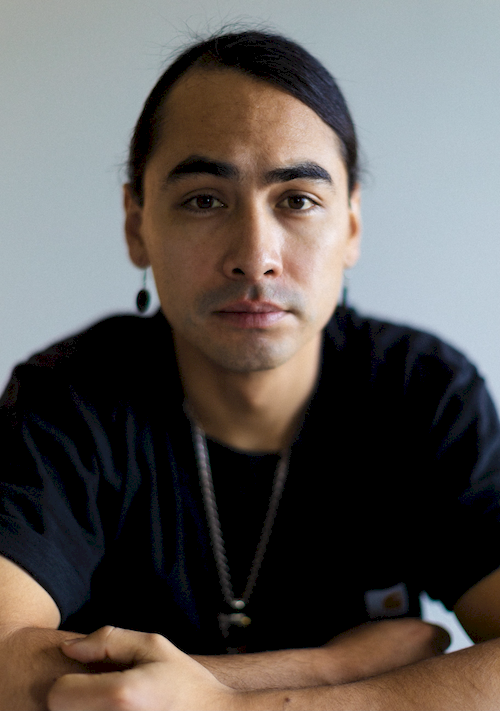director of the film “Sugarcane”
Julian Brave NoiseCat is a writer, filmmaker and student of Salish art and history. His first documentary, SUGARCANE, directed alongside Emily Kassie, follows an investigation into abuse and missing children at the Indian residential school NoiseCat’s family was sent to near Williams Lake, British Columbia. A proud member of the Canim Lake Band Tsq'escen and descendant of the Lil'Wat Nation of Mount Currie, he is concurrently finishing his first book, We Survived the Night, which will be published by Alfred A. Knopf in North America, Profile Books in the United Kingdom and Commonwealth, Albin Michel in France and Aufbau Verlag in Germany.
NoiseCat’s journalism has appeared in dozens of publications including The New York Times, The Washington Post and The New Yorker and has been recognized with many awards including the 2022 American Mosaic Journalism Prize, which honors "excellence in long-form, narrative or deep reporting on stories about underrepresented and/or misrepresented groups in the present American landscape." In 2021, NoiseCat was named to the TIME100 Next list of emerging leaders alongside the starting point guard of his fantasy basketball team, Luka Doncic. Before turning full-time to writing and filmmaking, NoiseCat was a political strategist, policy analyst and cultural organizer. In 2019, he helped lead a grassroots effort to bring an Indigenous canoe journey to San Francisco Bay to commemorate the 50th anniversary of the 1969 Alcatraz Occupation. Eighteen canoes representing communities from as far north as Canada and as far west as Hawaii participated in the journey, which was covered by dozens of local and national media outlets, including The New York Times.
In 2020, he was the first to publicly suggest that Deb Haaland should be appointed Interior Secretary. Working with leaders from Indian Country as well as the progressive and environmental movements, NoiseCat helped turn the idea into a sophisticated inside-outside campaign that drew support from celebrities, activists and even a few conservative politicians. When Haaland was sworn in she became the first Native American cabinet secretary in United States history.




